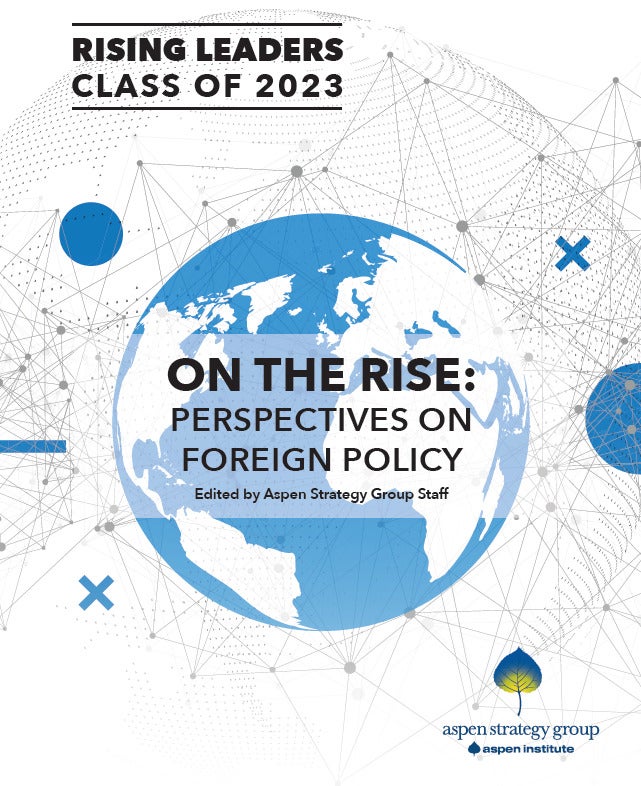Spain is experiencing a constitutional crisis triggered by a secession attempt, an effort put in motion by the Catalan government and the separatist coalition behind it. This attack on an established European constitutional democracy has far graver implications than the attempted coup d’état of February 23, 1981, when Lieutenant Colonel Tejero held the Spanish government and parliamentary representatives hostage in the Congress for several long, agonizing hours. The outcome of the coup, thanks to the decisive leadership of then King Don Juan Carlos, was a concerted effort to unite political coalitions and accelerate the modernization of the armed forces. The crisis at hand in Catalonia is a direct challenge to the rule of law, denying the validity of the Spanish Constitution of 1978 and the regional constitution of Catalonia.
For the moment, this political firestorm has served to show the strength of Spanish democracy. The Spanish government has stopped the secessionist march in its tracks by invoking the constitutional process that guarantees compliance with the law in the Autonomous Communities. The constitutionalist parties have united and decided that the current crisis can be an opportunity to review the territorial decentralization outlined in the Constitution, a structure that is in need of a reform, as it was designed for instance without the foresight of future European integration.
The recent origins of the crisis in Catalonia are well known. Despite possessing an extensive degree of self-governance and enjoying under the Spanish constitutional system widespread recognition of Catalan identity, the separatist leaders of Catalonia have decided to push their relationship with their fellow Spaniards to a breaking point. They have sought to glorify an imagined homogeneous community, with the exclusion of all others, in an effort that stirs memories of a darker period in European history. In this vein, the president of the Catalan government, Carles Puigdemont, called for a referendum of independence on October 1st that directly violated international, European and national law.
The Spanish Constitution, which holds the Spanish people as the only constituent power, allows the people even to change the definition of national sovereignty. That said, it has to be done following the Constitution’s reform process. Nevertheless, on October 1st, there was a simulation of a vote for Catalan self-determination, a movement that lacked any legitimacy to fulfill such an end. The organizers of the farce managed to present the vote to various international media outlets as a manifestation of popular will against excessive force used by the police. The reality is that all security forces had received a judicial order to stop the vote. A large part of the Catalan regional police refused to act and thus left the Spanish National Police and the Civil Guard, without sufficient means, to carry out the judicial order. As a result of police action on that day, two people were hospitalized, a figure far short of the 900 injured that the separatist propaganda publicized. They got the pictures they wanted to influence international media.
In this second crisis of Spanish democracy, the monarchy has again played a critical role. After the supposed referendum, the secessionist process had mutated into a revolutionary impulse and fueled conflict in the streets as a way of claiming legitimacy, with utter disrespect for all legal procedure. King Felipe VI then intervened and firmly advocated for the reestablishment of Constitutional order. The law could not cease to apply in one part of Spain. Another key component to understanding the recent crisis is the steadfast support the European Union and its member states have shown for the Spanish government. The president of the European Commission, Jean-Claude Juncker, has stressed that in Europe any collective identity must be open to other identities. In the case of Catalonia, an extreme combination of nationalism and populism has sought to break its ties with Spain, just as much as with the European Union.
The political and economic integration of Europe was put into motion almost seventy years ago precisely to avoid the rise of divisive nationalism by creating common institutions under the rule of law. No European state harbors or encourages separatist movements, which, if fostered, quickly spread. No one desires a Europe of 100 states, unstable and ungovernable, as President Juncker himself has remarked. Moreover, for the first time, hundreds of thousands of citizens have taken to the street in Catalonia to protest against independence, waving the flags of Europe, Spain and Catalonia in harmony. In addition, many companies headquartered in Catalonia have voted “with their feet” and chosen to leave a region seeking to separate itself from the Spanish economy, and, by consequence, from Europe’s single market and single currency as well. By tackling this constitutional crisis and asserting its democratic foundations and laws all while remaining open to constitutional reform, Spain can make a contribution to the international community. Democracies must stand firm against rising nationalist and populist tremors that threaten to shake their very foundations.
José M. de Areilza is secretary general of the Aspen Institute España. He professor of law and Jean Monnet Chair at Esade Business and Law School, Ramón Llull University, Barcelona.
Photo from Flickr user Er Guiri used under CC-2.0.

